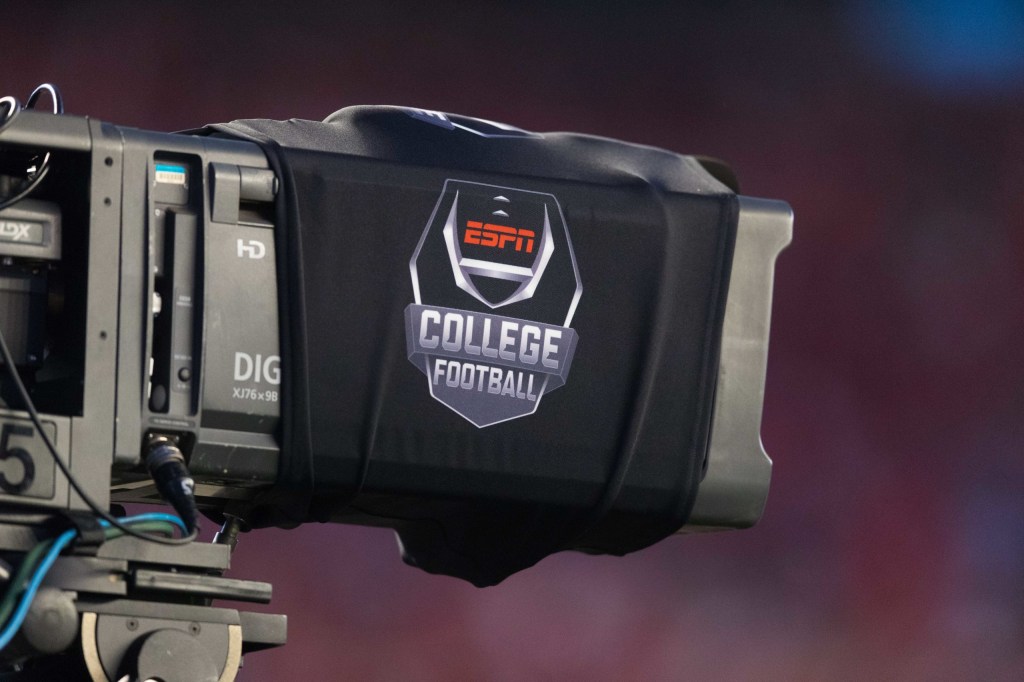
Photo credit: Unsplash
Regardless of your role within sports business — whether it’s a raise, sponsorship activation, contract, or expanded opportunity — at least one aspect of negotiation is involved in our daily job descriptions.
According to a recent study, only 29 percent of job seekers negotiated their salary at their current or most recent job. All the while, according to the same report, 84 percent of those confident enough to ask for higher pay succeed in getting it.
What’s the difference between those who succeed at negotiation and those who don’t? Some sports business professionals offered their best tips to effectively handle your next crucial conversation.
Effective Preparation and Practice
“One thing that people tend to do when they get to those crucial conversations in life, no matter how good they are at what they do, they think they have it all in their head, and they wing it,” says sports agent, author and well-known negotiator Ron Shapiro.
READ MORE: Informational Interviews Can Be Crucial to Your Career Development
Negotiation begins with knowing your worth. Gathering the most relevant information to reinforce your position, whether it’s current salary ranges or market analysis, can lead to a more holistic perspective. While it may seem easy to think your position is correct (which it may be), the market doesn’t care much about what you think you’re worth; at the end of the day, hiring managers or customers are going to offer you what they think you’re worth.
Shapiro would go on to say, “a critical step in preparation is weighing alternatives. Alternatives make you less dependent on one option or customer and therefore create leverage, which is particularly useful when negotiating from a position of relative weakness.”
Embrace “No”
While fear of rejection is common when navigating a negotiation or crucial conversation, a strong reality is that negotiation doesn’t actually begin until someone says “no.”
“No” signals an opportunity to problem-solve the conflicting and overlapping interests both parties want to serve and figure out how both can get as much of their desired outcomes as possible. Our reluctance to negotiate past “no” may keep us from obtaining the “yes” we truly desire.
[mc4wp_form id=”8260″]
“Whoever you’re negotiating with is a person just like you. Don’t overthink it or assume it needs to be more than it is. Make sure to level the playing field and refuse to let your worth slide, especially your non-negotiables. Be overly clear,” says Connor Dietz, director of sales & strategy for Train Up First.
Listen and Respond
When preparing and practicing for a conversation, it can be easy to allow our emotions to overtake us if things don’t go according to plan. Yet, being “hijacked” by our emotions sabotages our ability to make good decisions or to react skillfully.
READ MORE: How to Master the First Month of a New Job in Sports Business
“It’s not only what you say; it’s how you say it. Because as a negotiator, you want the other side to feel your confidence,” claims Shapiro.
It’s easy to avoid difficult conversations, but the more conversation you have with those involved, the more natural it feels. Start small when the stakes are low, try negotiating with your colleagues, at a garage sale, or with family. There are countless opportunities to practice. Negotiation begins with knowing your worth and ends when you’re willing to walk away.



![[Subscription Customers Only] Jun 15, 2025; Seattle, Washington, USA; Botafogo owner John Textor inside the stadium before the match during a group stage match of the 2025 FIFA Club World Cup at Lumen Field.](https://frontofficesports.com/wp-content/uploads/2026/02/USATSI_26465842_168416386_lowres-scaled.jpg?quality=100&w=1024)
![[Subscription Customers Only] Jul 13, 2025; East Rutherford, New Jersey, USA; Chelsea FC midfielder Cole Palmer (10) celebrates winning the final of the 2025 FIFA Club World Cup at MetLife Stadium](https://frontofficesports.com/wp-content/uploads/2026/02/USATSI_26636703-scaled-e1770932227605.jpg?quality=100&w=1024)












